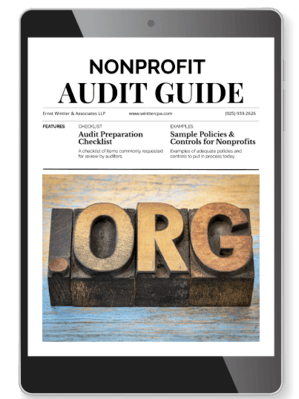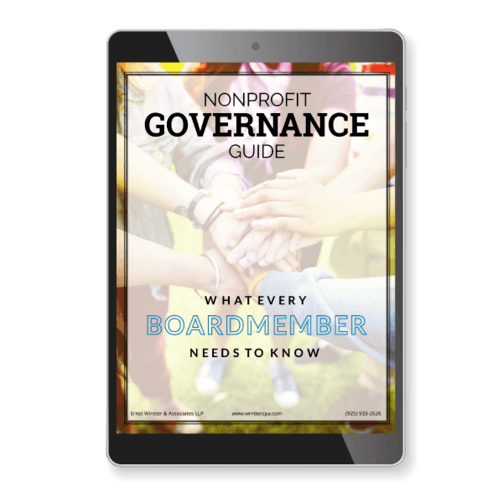For many not-for-profits, it’s time to enlist the help of nonprofit audit services to get everything in order for end-of-the-quarter or end-of-the-year accounting. The good news is, there is new guidance from the Financial Accounting Standards Board (FASB) that helps organizations navigate the sometimes gray area of categorizing grants and contributions. Here is a brief overview of the new guidelines and how they can help your nonprofit distinguish and correctly categorize some of the murkier accounting transactions that constitute nonprofit funding sources.
Exchange transaction or contribution?
One of the first steps in taxonomizing nonprofit funding sources for accounting purposes is determining if the funding is an exchange (or reciprocal) transaction or a contribution, also called a nonreciprocal transaction. In many cases, grants or similar contracts are categorized as an exchange transaction, but the rules have not always been clear. With the new 2018 FASB guidelines, it is more simple: if the provider of funding receives goods or services that are commensurate to the value of the funds or assets they transfer to your nonprofit, it is an exchange transaction. For example, a local government grant awarded to a nonprofit for the provision of their community youth education program is a reciprocal contract that can be categorized as an exchange transaction.
On the other hand, if your nonprofit does not give to the provider something of commensurate value, it may or may not be considered a contribution. In the case of nonprofits that receive payments from third parties to satisfy a transaction between the nonprofit and their client, that third-party funding is not considered a contribution. An example of this scenario would be a nonprofit hospital that receives payment from Medicare as a result of their service to their Medicare-enrolled client. These sorts of transactions are not contributions and subject to their own accounting governance.
However, if the provider’s transfer of funds or assets doesn’t meet the criteria for exchange transactions or a third-party payment scenario, it is a contribution.
Conditional or unconditional contribution?
Now that you’ve determined your funding source can be categorized as a contribution, how do you know when to account for those funds – especially when those funds come with conditions or restrictions that must be met before you are entitled to them? This is a common and challenging question that can best be answered by first defining the “conditional” in conditional contributions. According to the new FASB guidelines, some of the recognized conditions on contributions entail:
- A right of return of assets transferred
- A right of release of the promisor’s obligation to transfer assets
- A barrier the nonprofit must overcome to receive the contribution
The last of these can be broadly defined, but a “barrier” does not include basic tasks and stipulations such as administrative work or annual reports. Instead, barriers to the receipt of a contribution refer to stipulations such as measurable performance-related outcomes on which the funding is contingent or limits on your nonprofit’s discretion over how to utilize or disperse the funding. For example, a common condition is when a donor stipulates the release of a contribution on your nonprofit’s ability to raise a matching amount from other donors. Once these barriers are overcome and your nonprofit is fully entitled to the funds, then the contribution can be recognized and accounted for.
If the funds or assets your nonprofit receives aren’t subject to any of the above restrictions, then you are the lucky holder of an unconditional contribution that can be accounted for – and used – when you receive it.
Effective now or later? – Accounting for Contributions
In short, the new 2018 FASB guidelines likely already impact your nonprofit and the funds you have received since December 15, 2018. If you aren’t sure what this means for your financial statements, reaching out to California nonprofit audit professionals can be a helpful first step in finding out how these easier, clarifying guidelines can benefit your nonprofit and your mission.
Ernst Wintter & Associates LLP specialize in California nonprofit audit and tax preparation services. Contact us today for help with your non-profit audit or tax prep needs.








